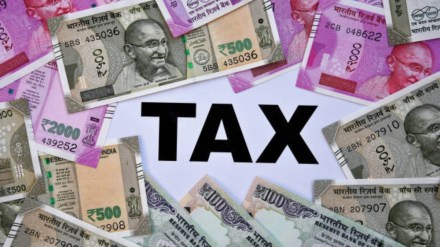In what could represent a significant step toward simplifying procedures and promoting compliance ease, the CBDT has released Revised Guidelines for the Compounding of Offences under the Income-tax Act, 1961. This is line with the Finance Minister’s announcement regarding the simplification and rationalisation of the compounding procedure,
Key simplifications in the guidelines include the elimination of offence categorization, the removal of limits on the number of times applications can be filed, and the allowance for fresh applications to rectify defects—previously not permitted. Additionally, offences under Sections 275A and 276B of the Act can now be compounded, and the previous time limit of 36 months for filing an application after a complaint has been removed.
To further facilitate compounding for companies and Hindu Undivided Families (HUFs), the requirement for the main accused to file the application has been eliminated. Both the main accused and any co-accused can compound offences by paying the relevant charges.
The guidelines also rationalise compounding charges by eliminating interest on delayed payments and reducing rates for various offences. The previous multiple rates of 2%, 3%, and 5% for TDS defaults have been consolidated into a single rate of 1.5% per month, and the calculation basis for non-filing of returns has been simplified. Other measures include the removal of a separate compounding fee for co-accused.
These revised guidelines supersede all previous guidelines on the topic and apply to both pending and new applications from the date of issuance. They aim to assist stakeholders by reducing the complexities associated with the previous multiple guidelines, streamlining the compounding process, and lowering the associated charges.
The revised Guidelines for Compounding of Offences dated October 17, 2024, are available at Income Tax India’s official website – https://www.incometaxindia.gov.in.
